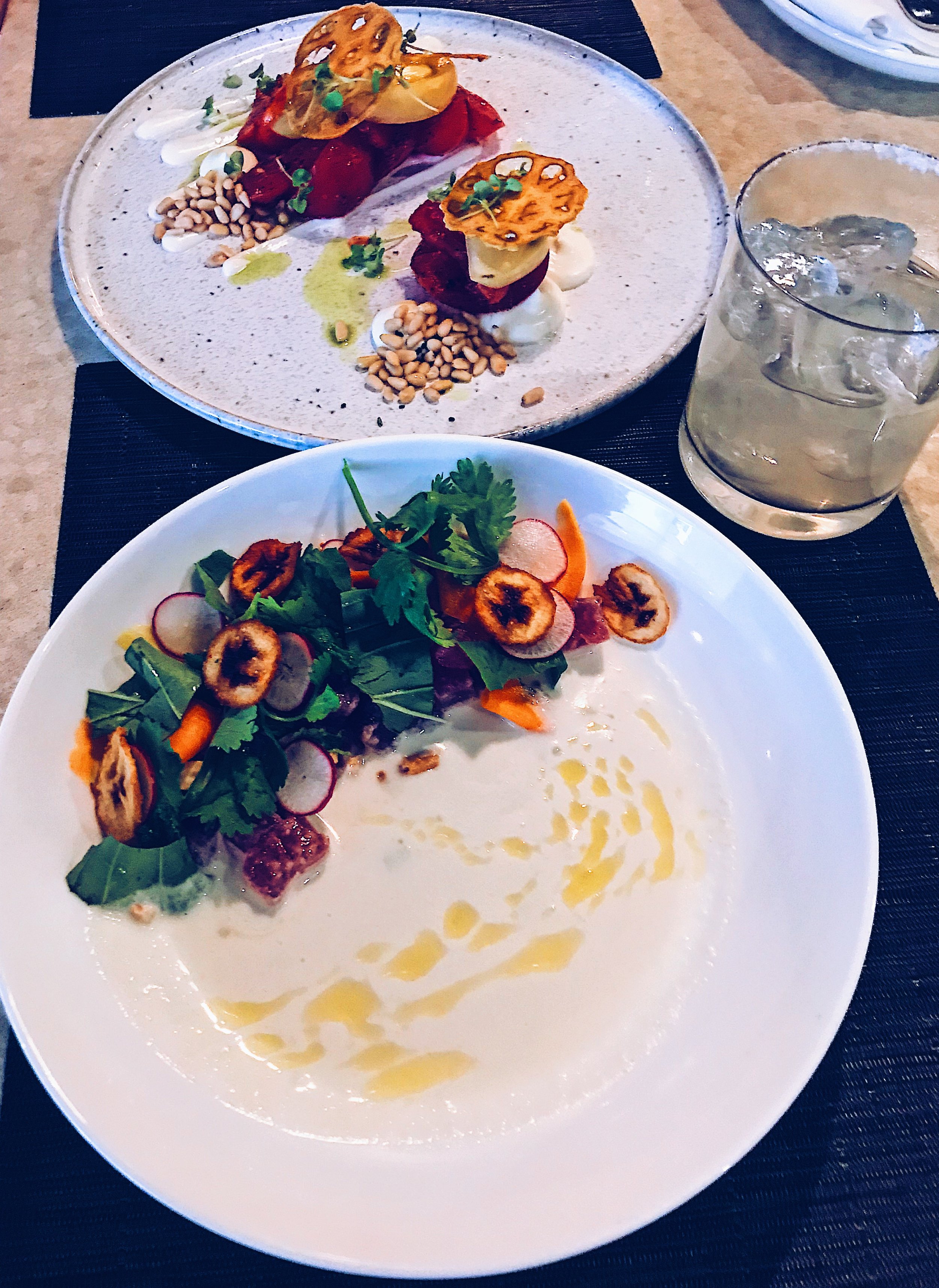How Would Life Be Different With The Dream Body?
/I used to spend all of my time and energy thinking about food, exercise, and how amazing I would feel when I finally achieved my ideal, dream body.
I imagined that:
I’d finally wear the clothes I believed were only reserved for those with abs.
I’d confidently walk around in a bikini and shorts.
I would develop a slew of hobbies, like rock climbing, wakeboarding, backpacking, painting, or photography.
I would spend my weekends fully enjoying social activities, where I wasn’t constantly fearful of the tempting food and drinks that would be present.
I would feel confident with the guys I liked. In fact, I would feel confident all the time.
I would be able to eat foods that weren’t on my “good” list without stress and without going off the deep end—making myself sick.
I would spend my time learning about something other than nutrition and fitness.
I would finally be free to start living.
As the years ticked by, and I eventually became sick of my own internal dialogue and lifestyle, I saw a glimmer of what my life could look like if I didn’t spend all of my time and energy on food and my body.
I asked myself if I could really become the woman I envisioned—with the life I dreamt about for myself—despite not having the body I had been hustling for.
Was it possible?
Of course! Logically, we know this to be true.
My list above may look differently than yours, but we can look at each one of those items and understand that none of them are dependent on the appearance of my body.
Not one.
And the same is true for your list.
Rather, each one is fully dependent on our mindsets and the actions we employ in tandem.
Upon reflection, it dawned on me that I had been playing the victim for almost a decade. I had convinced myself that I needed permission by way of my appearance to live the life I envisioned for myself.
A clever way of playing small and keeping myself safe, no?
I see this ALL the time with clients and friends alike, too. Waiting until everything about ourselves is “perfect” before we make the leap. Before we step outside of our comfort zones and go after the things we want in life.
This all comes back to a lack of belief in ourselves.
Rather than focusing on developing our own self-worth, we outsource this to others.
We believe that we need the permission of others (friends, family, society at large) to go after what we truly want and that our bodies hold the ticket to what we’re really seeking.
I call bullshit.
Everything we want is available to us RIGHT NOW. But we have to be bold enough to prove this to be true.
By wearing the clothes we don’t believe we’re worthy of wearing yet.
By putting on the bikini and shorts and realizing that—we’re still alive and well.
By signing up for the hobbies and saying “yes” to the next opportunity.
By attending the social events and giving ourselves permission to simply be present without overanalyzing our food and beverage choices.
By developing confidence in ourselves on a deep, internal level, which is the only form of true confidence anyways.
By slowly adding in foods we’ve been avoiding and fearful of and developing trust in ourselves around them.
By reading the books, watching the movies, and reading the articles that have nothing to do with nutrition and fitness.
These things take time, to be sure, and you’ll likely feel like an imposter at first. We don’t reframe our narratives and belief systems overnight.
However, all we need is one win—just one—that proves our stories to be false. To prove that everything we long for can be ours, regardless of our appearance.
If this sounds like a lot of work—it is. There’s no way around it.
But time is going to pass regardless, and if you’ve been caught up in the same patterns for years with no change in outcome, then I’d argue that the work is absolutely worth it.









